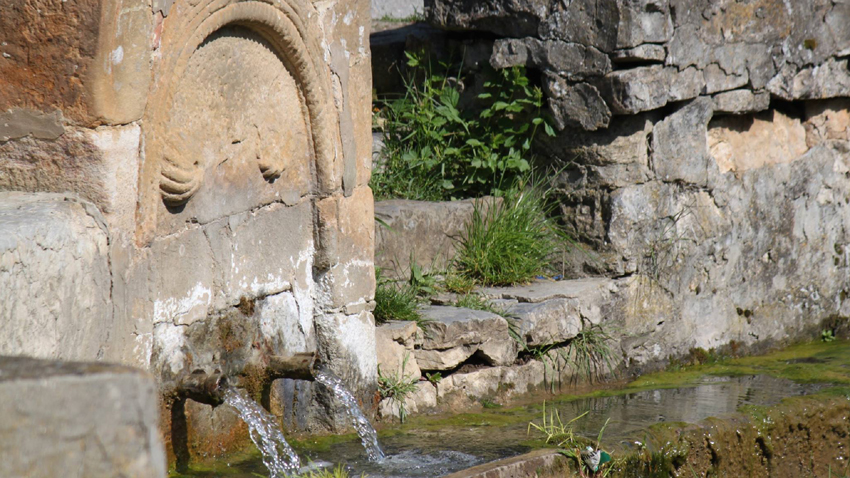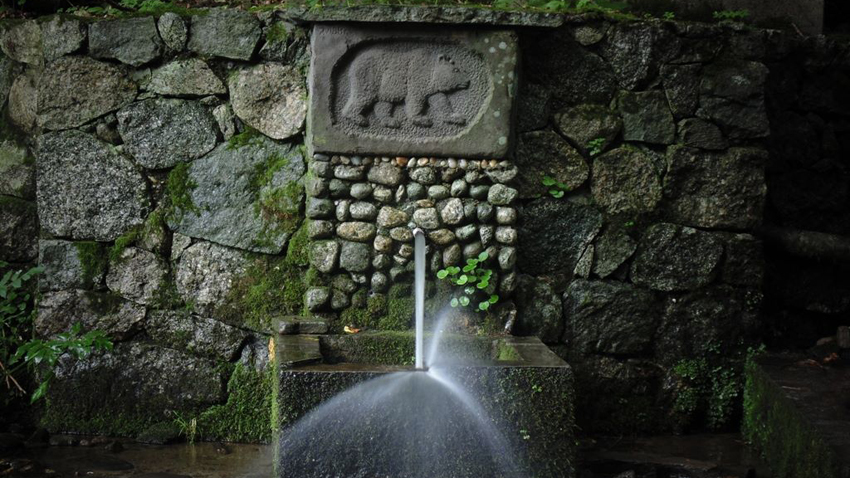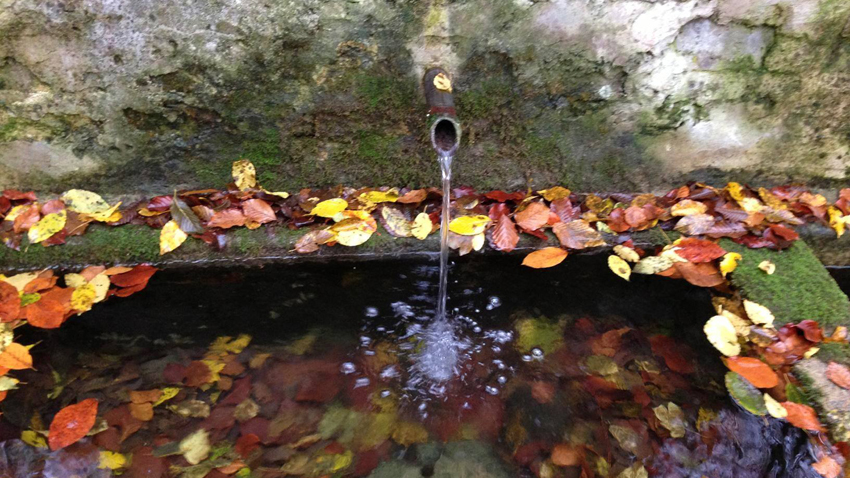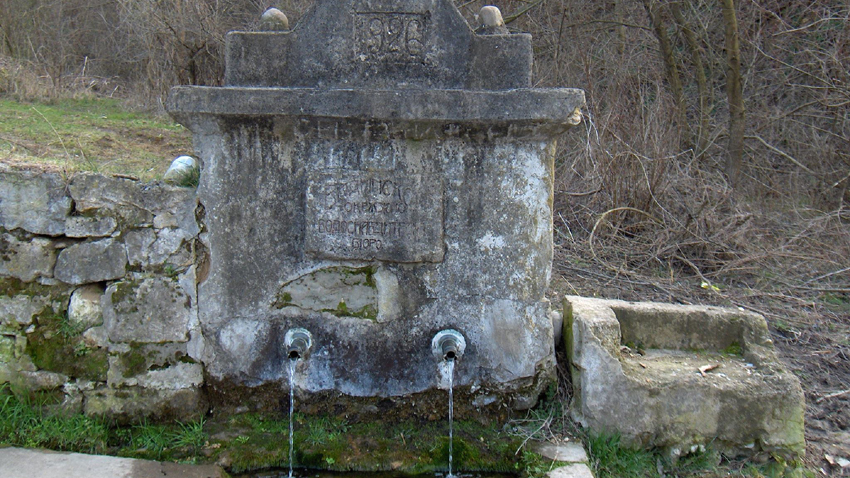The NGOs I Love Water and the Bulgarian Association of Water are organizing a national photo competition with the motto Bulgaria's Drinking Fountains. The competition is part of the initiative International Water Bridge 2015 which for a fourth year running is held on the occasion of 22 March, World Water Day, explains Antoaneta Salfidge, Chairperson of I Love Water Association.

"This year the motto of the competition is Bulgaria's Drinking Fountains and the reason is that this year 22 March celebrations will be highlighting drinking water. A few events have been planned for the day including a roundtable to host a high-level discussion about the problems of drinking water in Bulgaria and worldwide. Bulgaria's Drinking Fountains heralds these events almost two months ahead of them so that we could properly focus on the greatest asset of our planet Earth, the life-giving drinking water. With this event we should like to make another point and it is that since time immemorial Bulgarians have been honoring water. Many of them have built drinking fountains with the status of temples - tokens of the veneration of water. In our lands and elsewhere, water denotes purification and gratitude for everything that we call life", Antoaneta Salfidge explains.

One comes across plenty of mythology about drinking fountains in the Bulgarian folklore and history. Mythology surrounds the sacred process of their construction and the important meaning of their water. "I must say we are very happy because almost every photo submitted for the competition offers an amusing tale”, Antoaneta says. In traditional beliefs and mythology construction of drinking fountains was most often linked to a tragic love. Here is one typical story: a very beautiful daughter of a rich landlord has to marry the son of another local dignitary but she falls in love with a poor lad. In most versions of this plot the girl dies and her father builds a beautiful drinking fountain to keep the memory of his lost child's beauty. Some drinking fountains represent monuments of history. They have been built to remind generations that something fateful happened at a certain time and in a certain place, such as a military battle or the signature of an important treaty. Very often drinking fountains are built to celebrate the birth of a child. These drinking fountains are named after the child and it is assumed that the sweeter and plentiful the fountain's water, the healthier and longer the life of generations would be,” Antoaneta tells us.

She goes on to say that builders of such public drinking fountains would never do the job for their own profit, but rather for the people who would come and drink from the precious water. Builders believed that they would be blessed for their community work. In findings of the I Love Water Foundation, drinking fountains in the southern Rhodope Mountains are more than the region's villages and sometimes they are more numerous than even a village's houses!

"The Municipality of Satovcha has applied for the Guinness Book of Records. They have counted their drinking fountains that come to 830 in that municipality alone”, Antoaneta says. “I for instance know that the southern Bulgarian village of Gabarevo not far from the village of Pavel Banya, has 100 drinking fountains. The locals there believe that once anybody comes and drinks some of that place's water he or she will inevitably be coming back to the village one day. In local mythology young girls who have tasted the water of Gabarevo have married local guys.The photo competition Bulgaria's Drinking Fountains has already started. The deadline for submission of entries is 23 February. After that an expert jury of photographers and environmentalists, will be voting to single out the winners. The audience will be invited to vote online as well. In March, the fifty best photographs will be displayed at a major exhibition hosted by the Sofia-based Earth & Man National Museum. The museum is the venue of a special ceremony on 22 March when the winner in the competition will be announced.
English Daniela Konstantinova
Photos: courtesy to the organizers of the exhibitionFor the twenty-third year, the Bansko Film Fest team will take the audience to some of the most extreme corners of the world with 75 films from 39 countries . ''All of them are premieres, and for some of them, the screenings in Bansko will be..
The 38th edition of the Cinemania (Kinomania) Film Festival will kick off in Hall 1 of the National Palace of Culture in Sofia tonight, November 13. The cinematic panorama opens with the newest feature film by director Milko Lazarov, Tarika ,..
The 38th edition of Cinemania ( Kinomania ) starts in Hall 1 of the National Palace of Culture in Sofia. The festival opens on November 13 with a premiere of the film "Tarika". After its successes around the world and the completely..
The 51 st Sofia International Book Fair opens today at the National Palace of Culture in Sofia. The forum, which will be on until 15 December, is..

+359 2 9336 661
